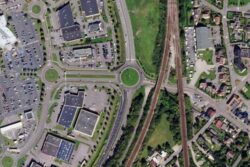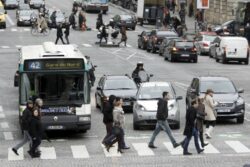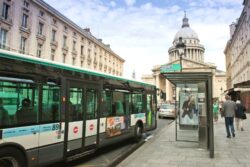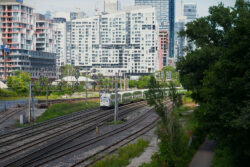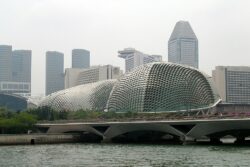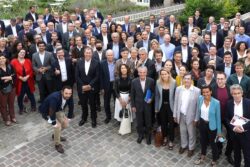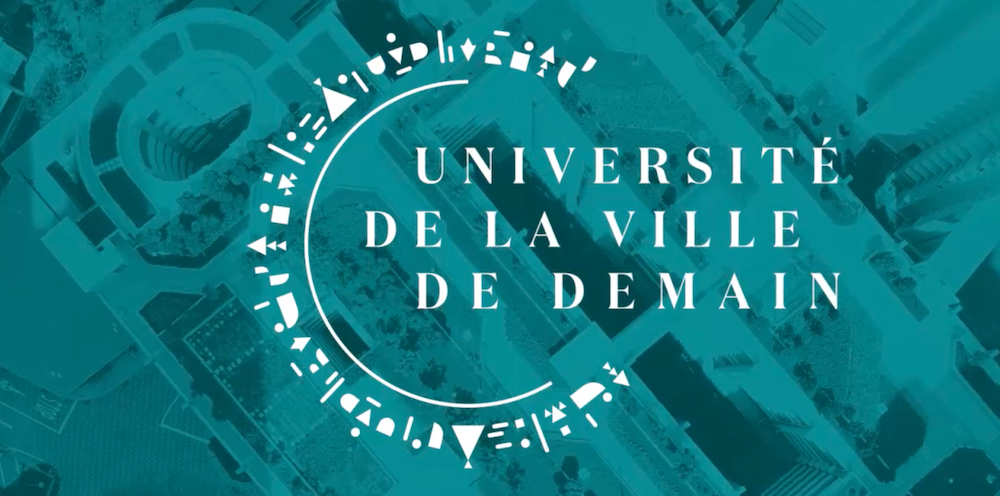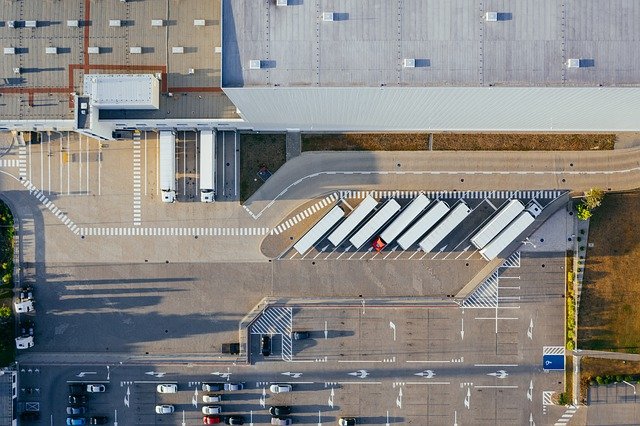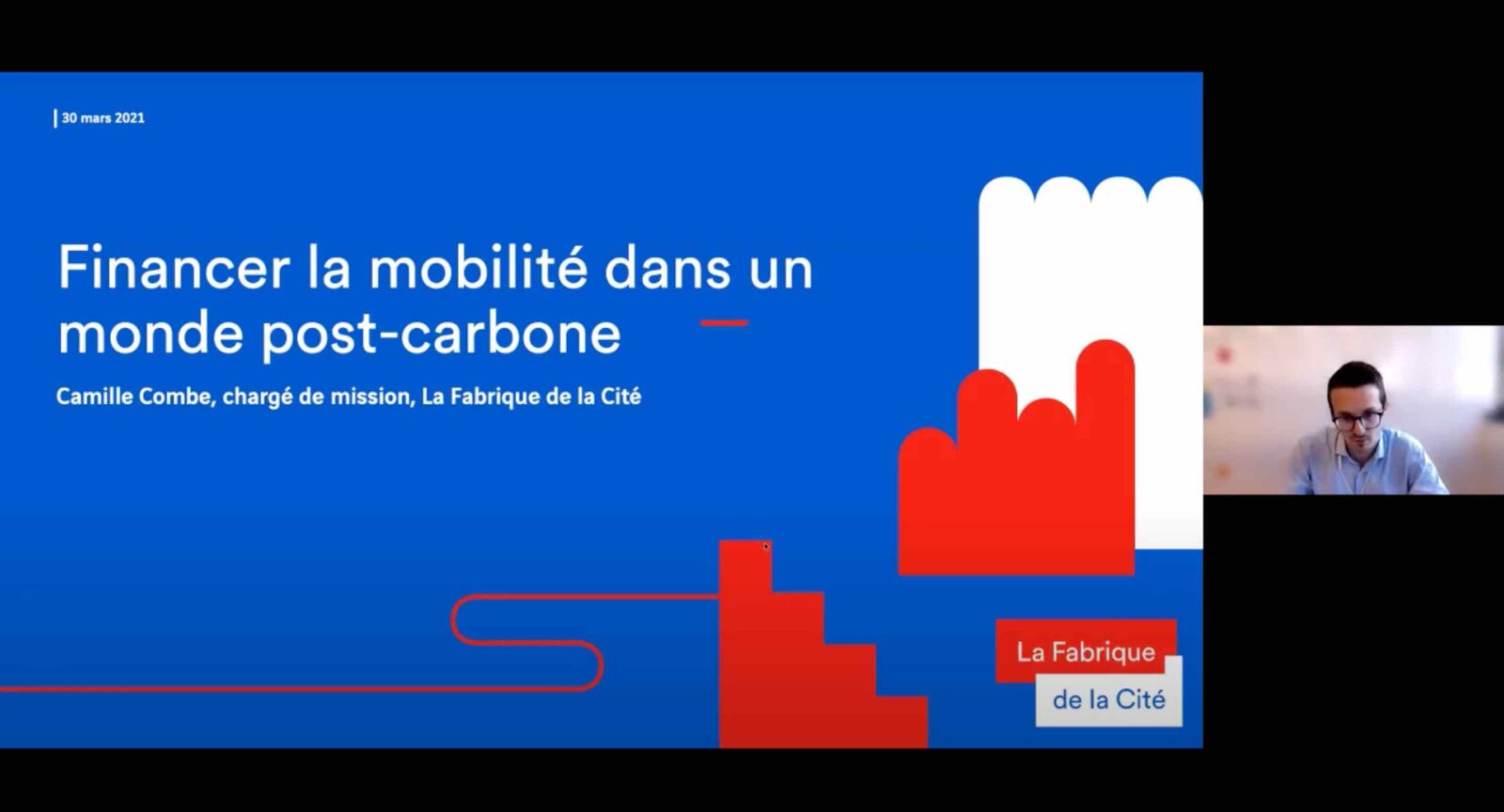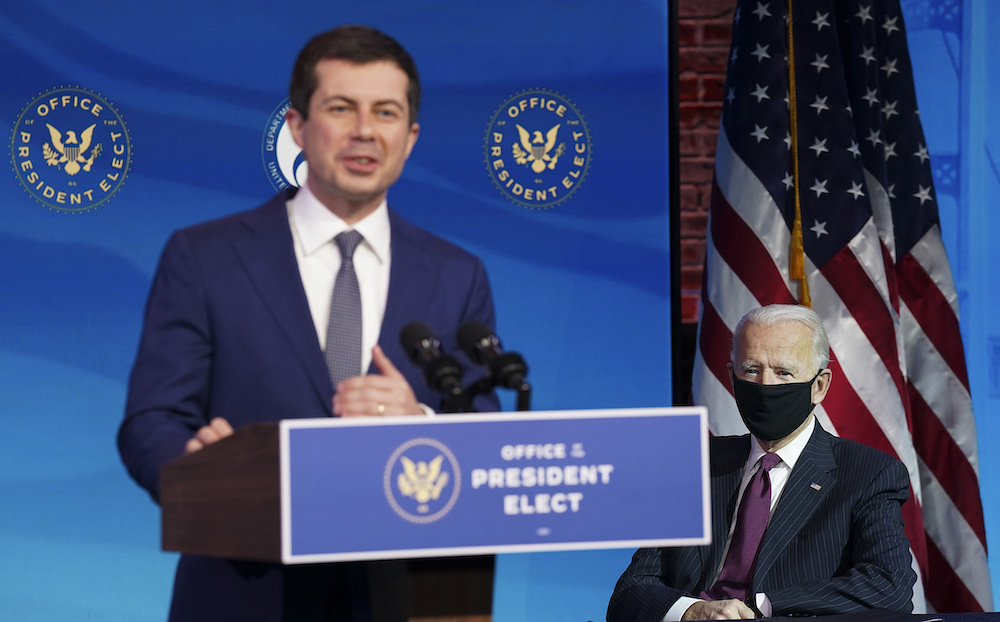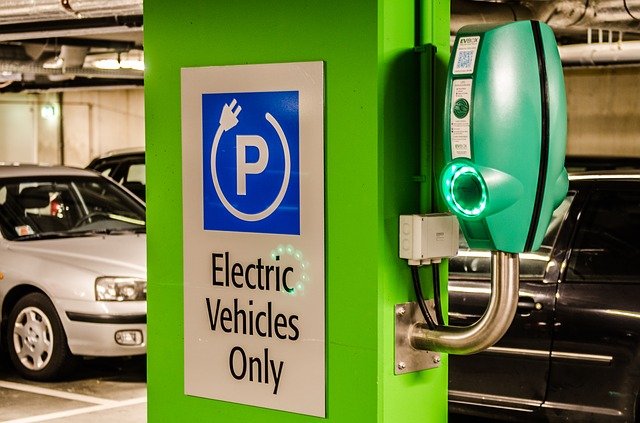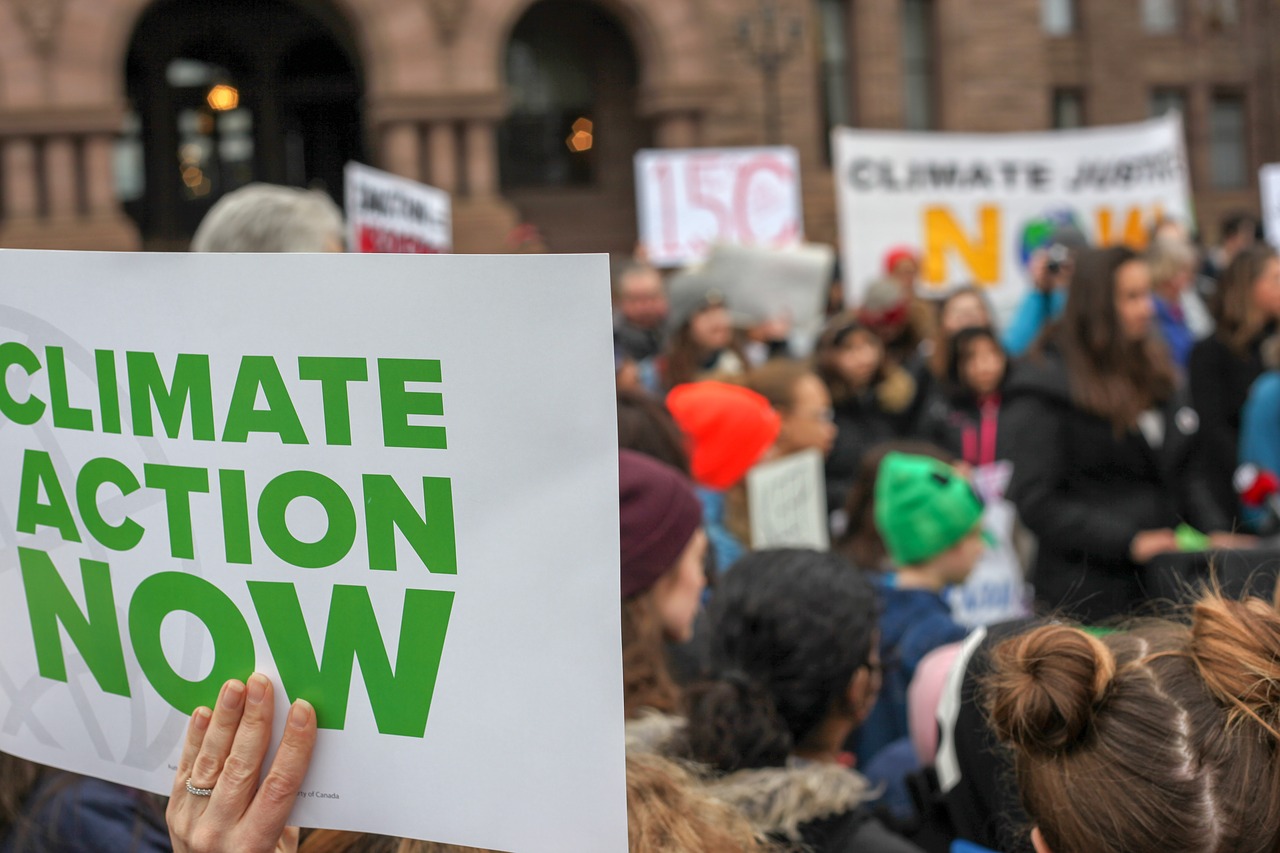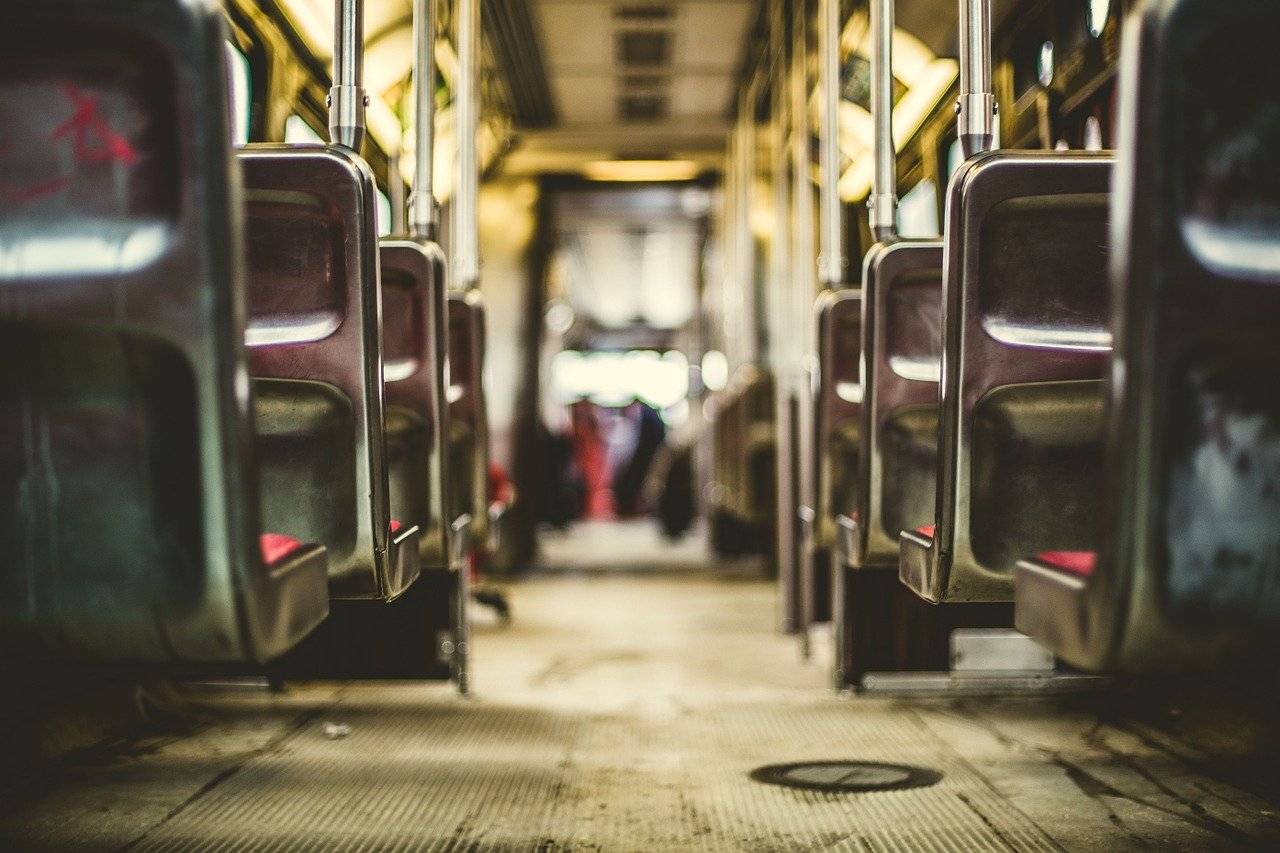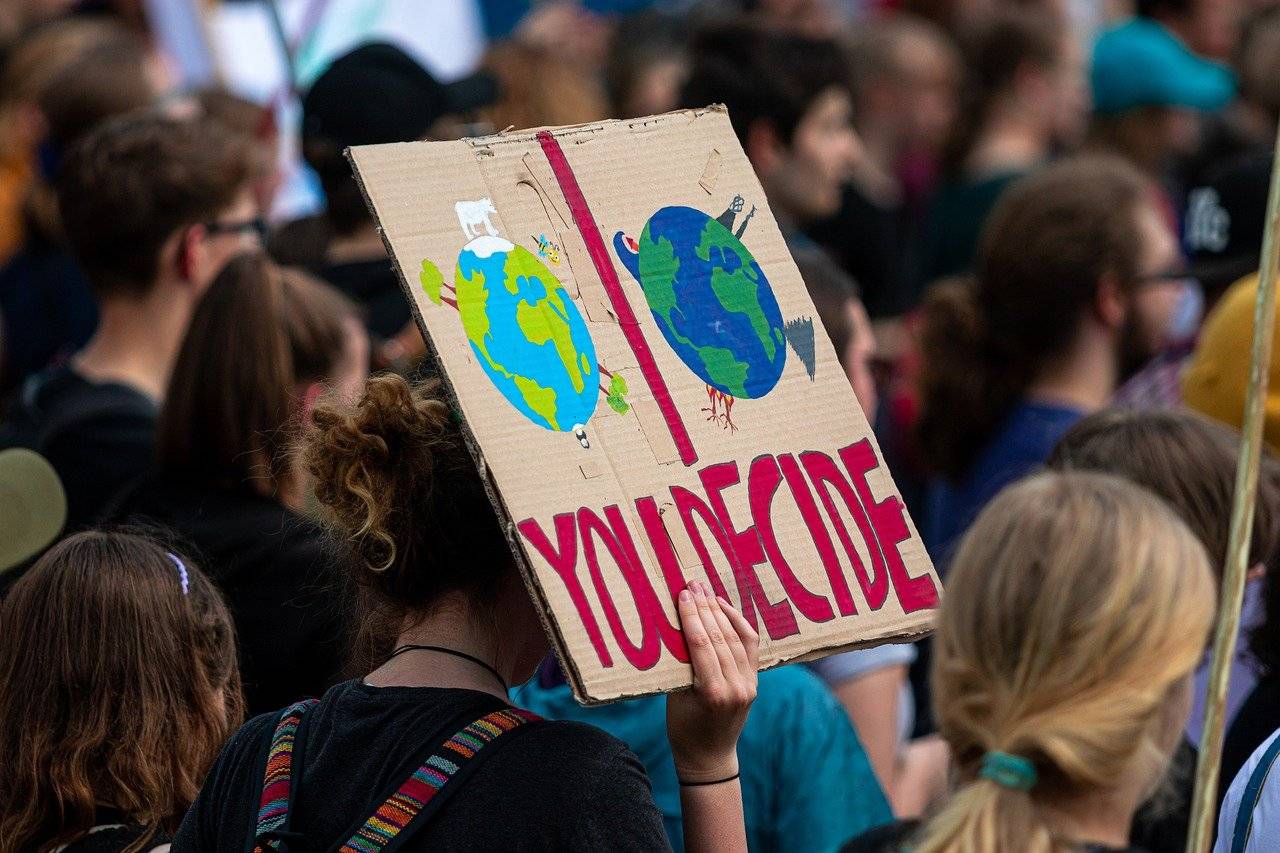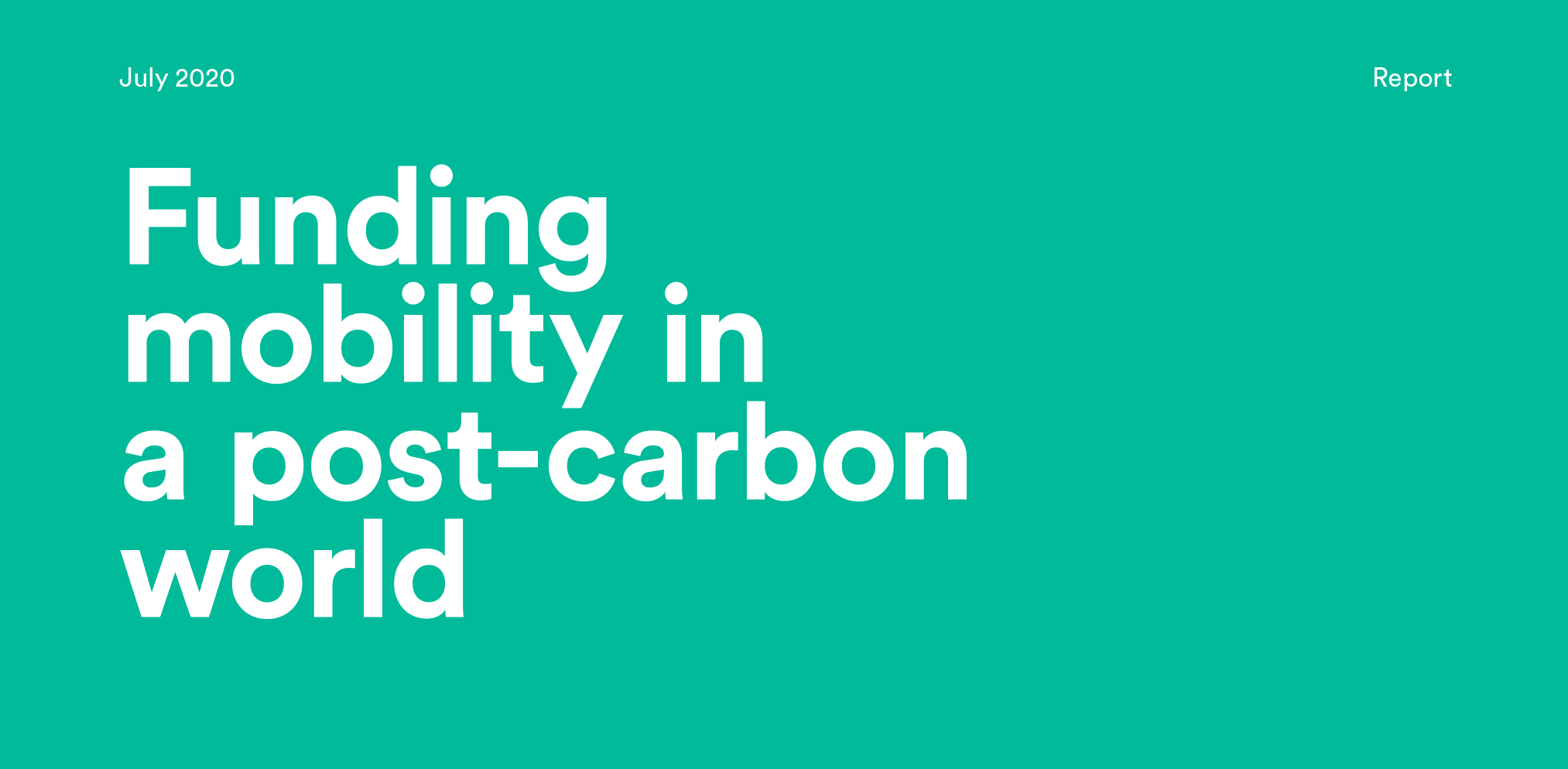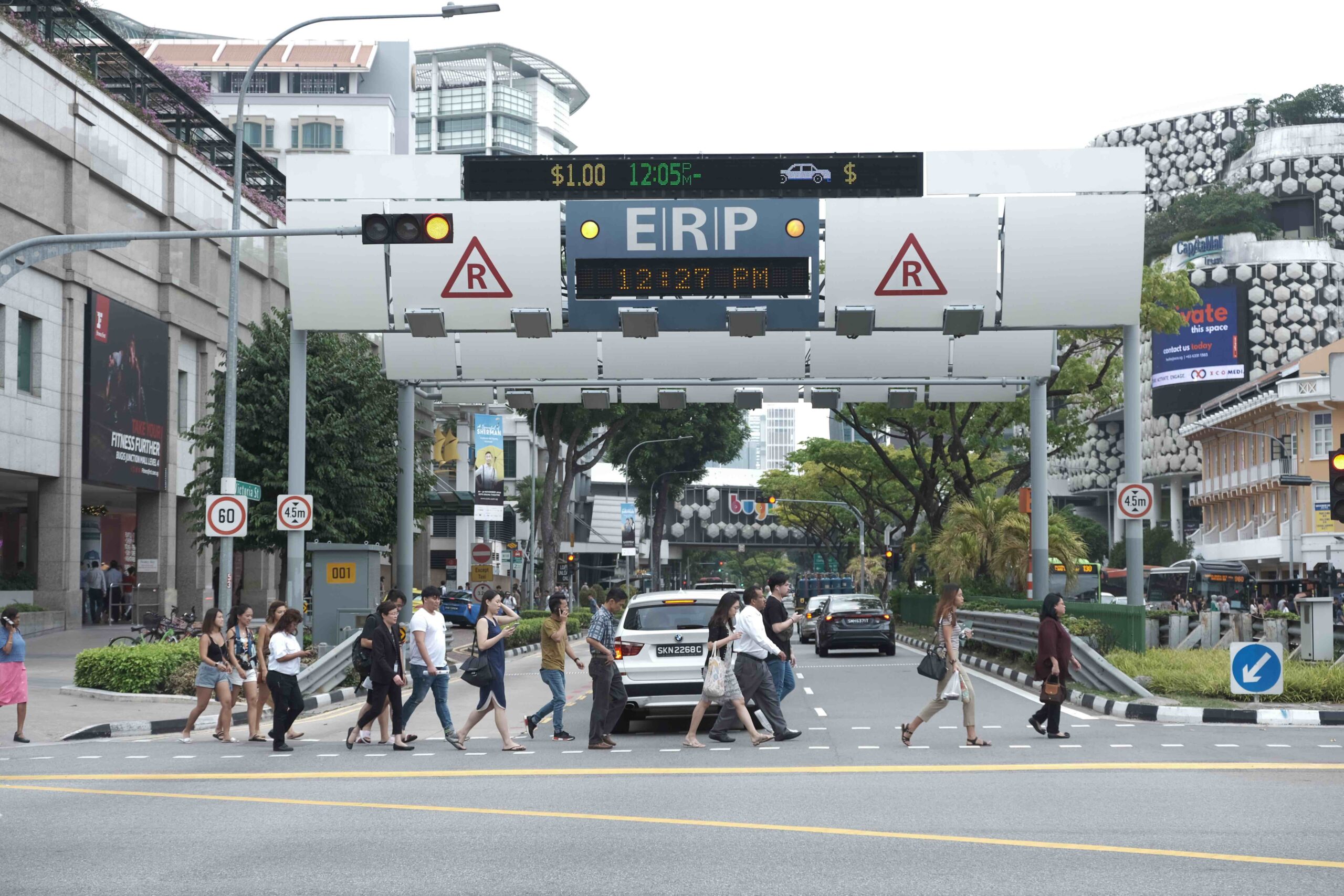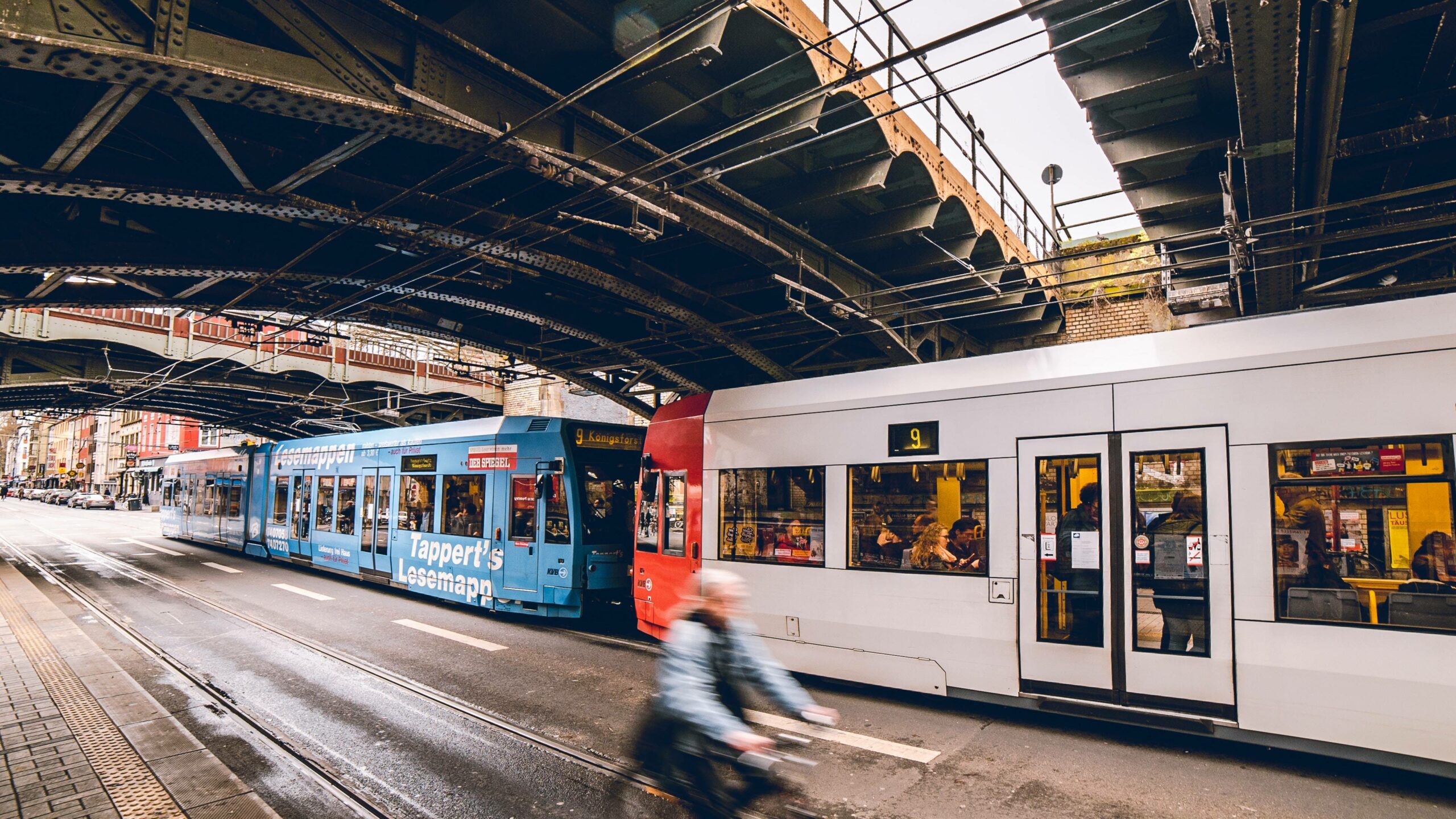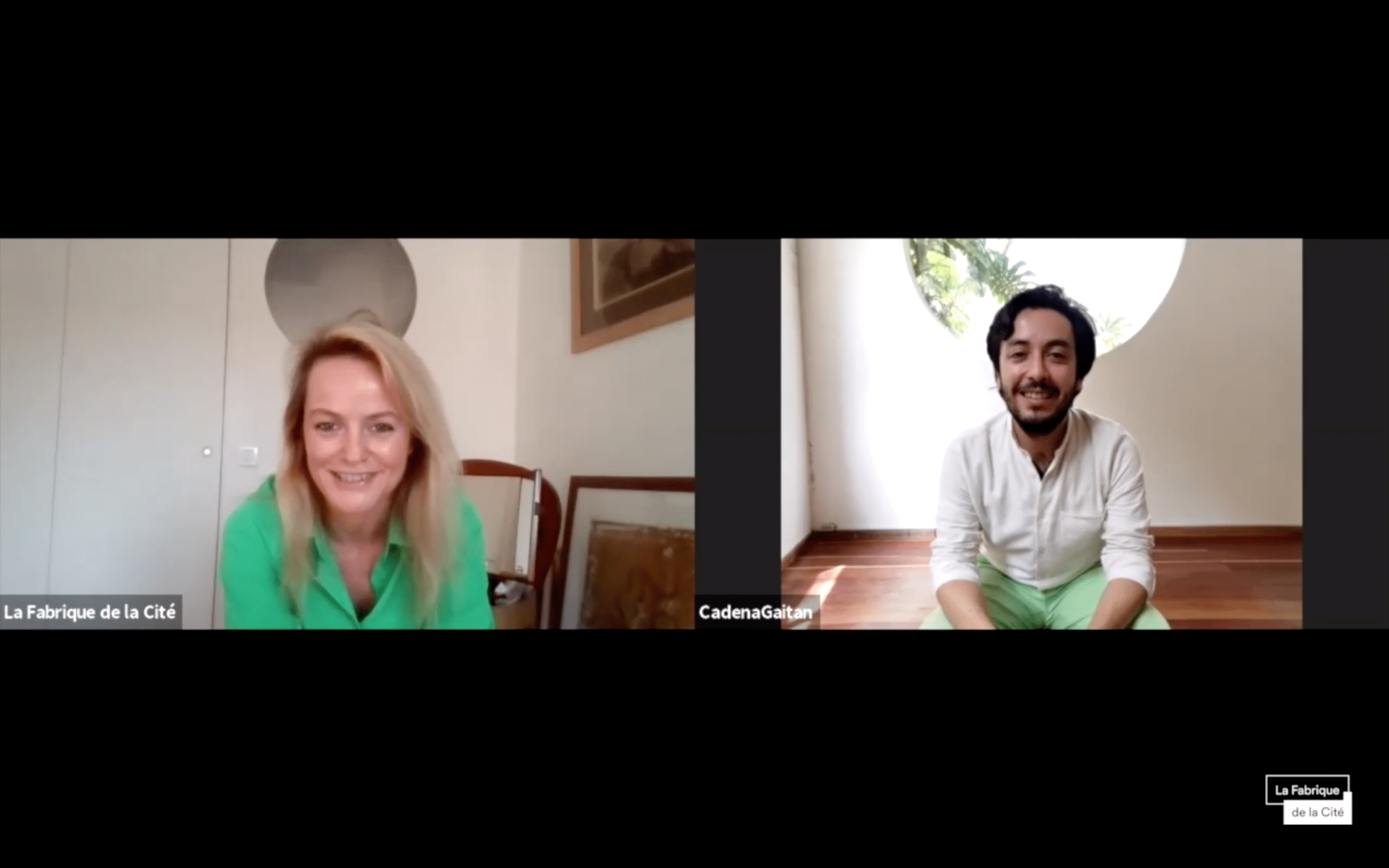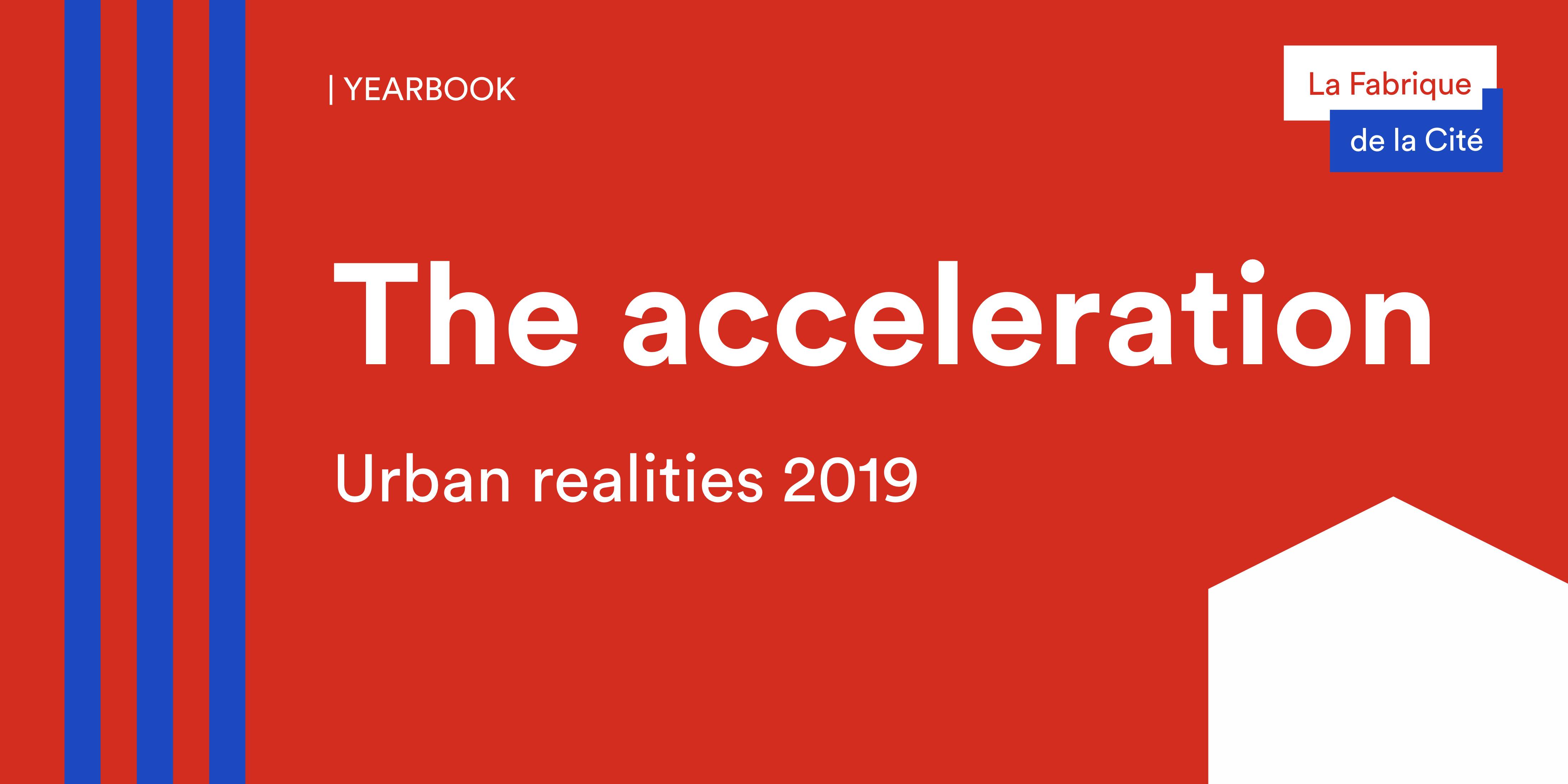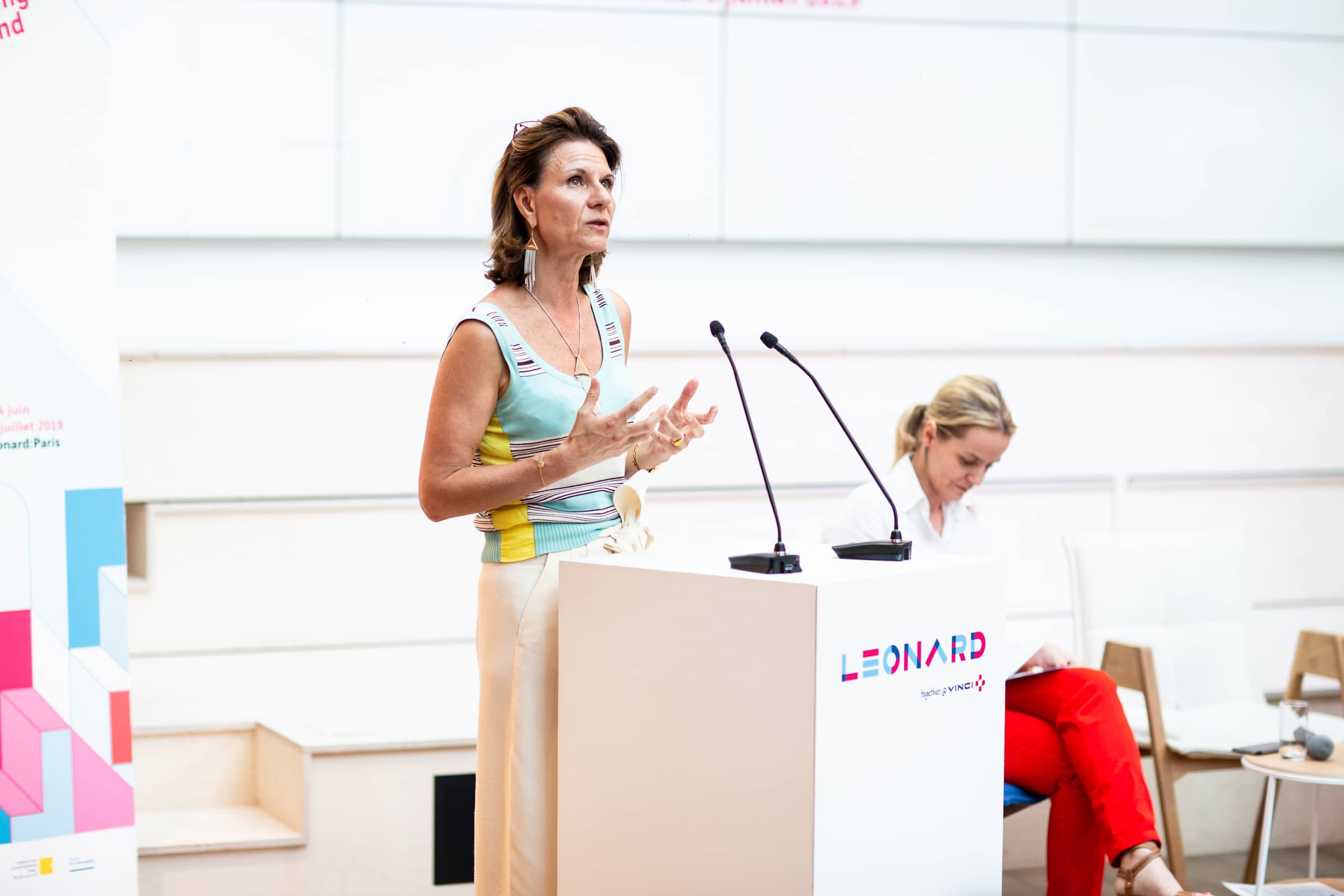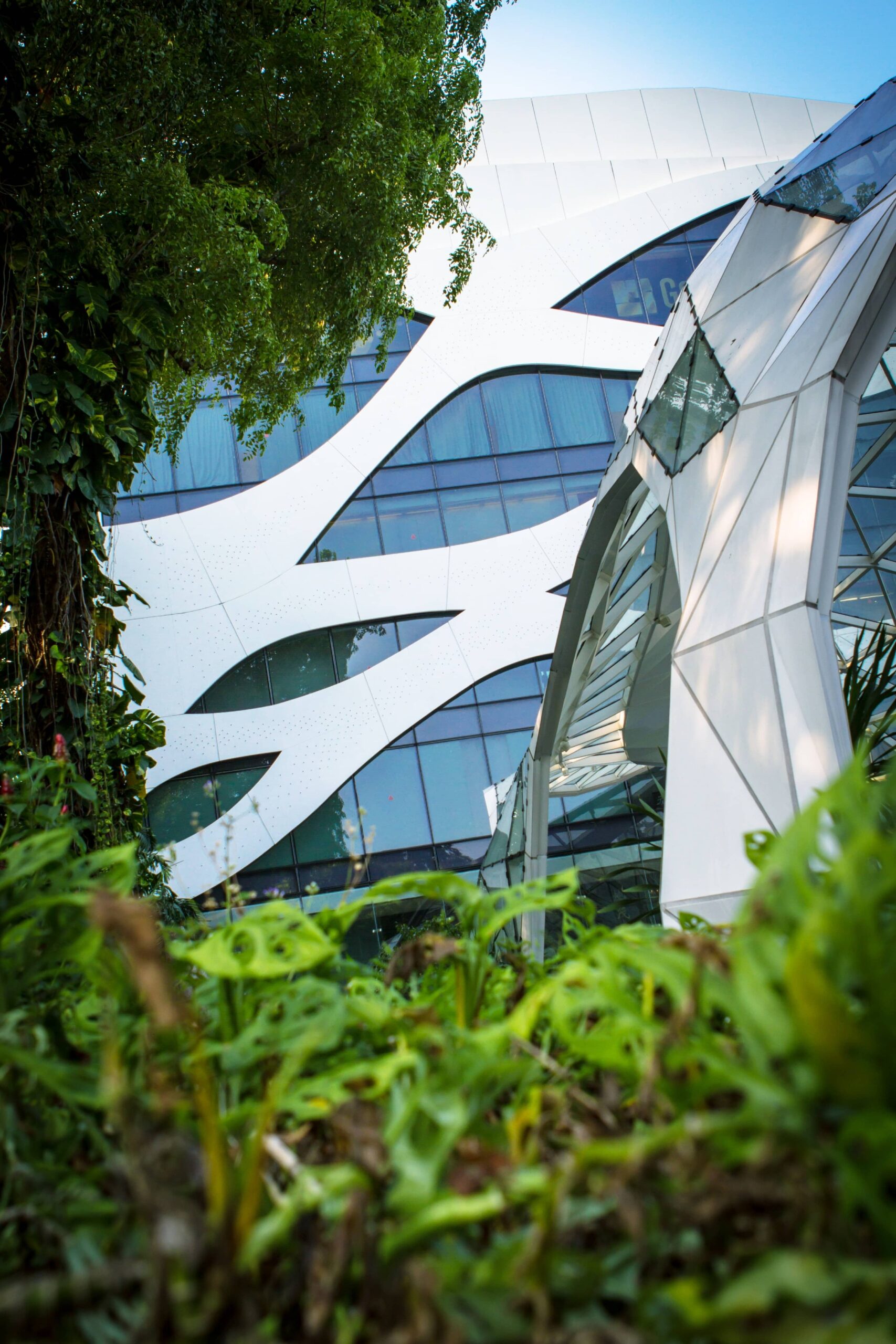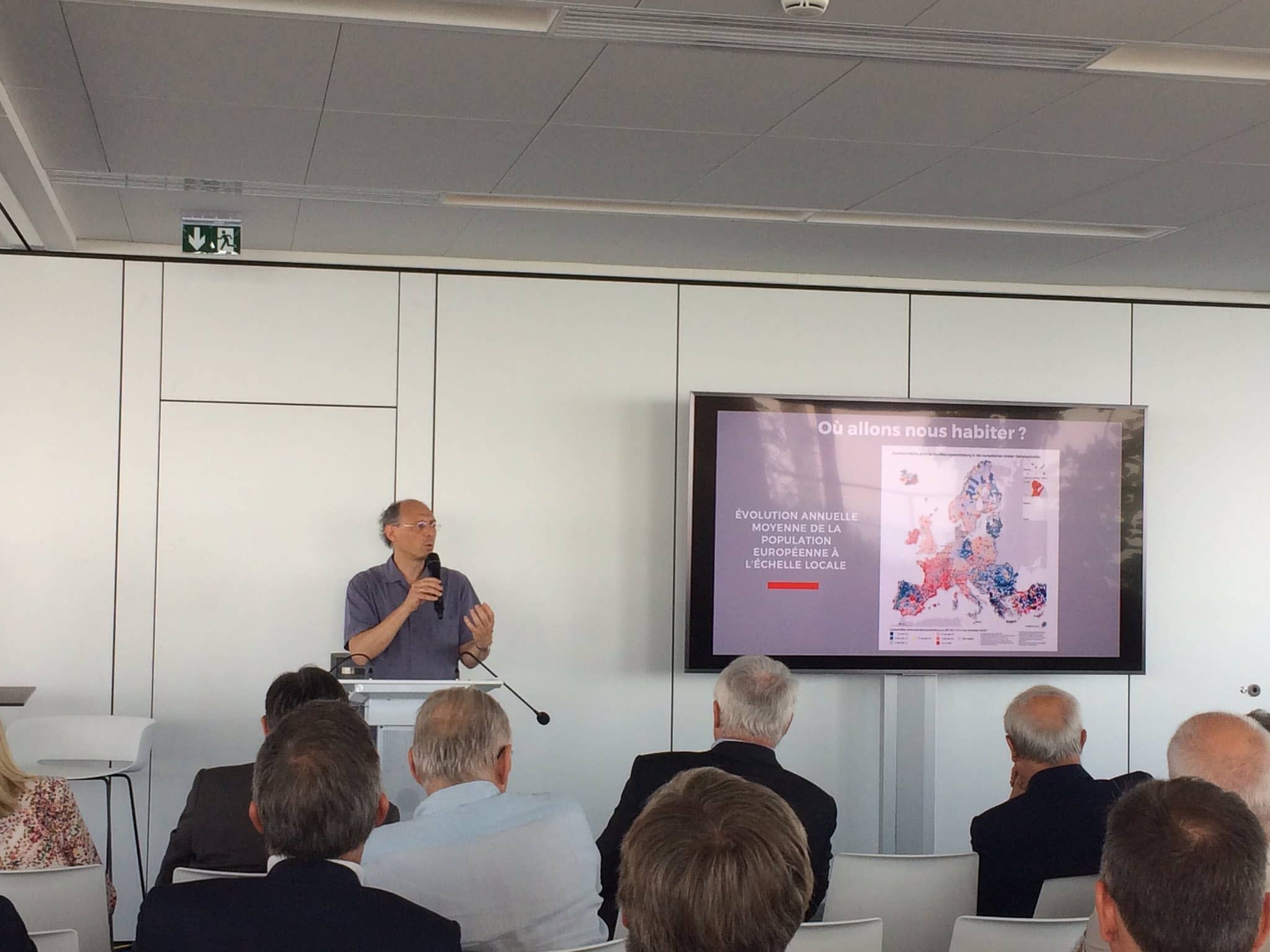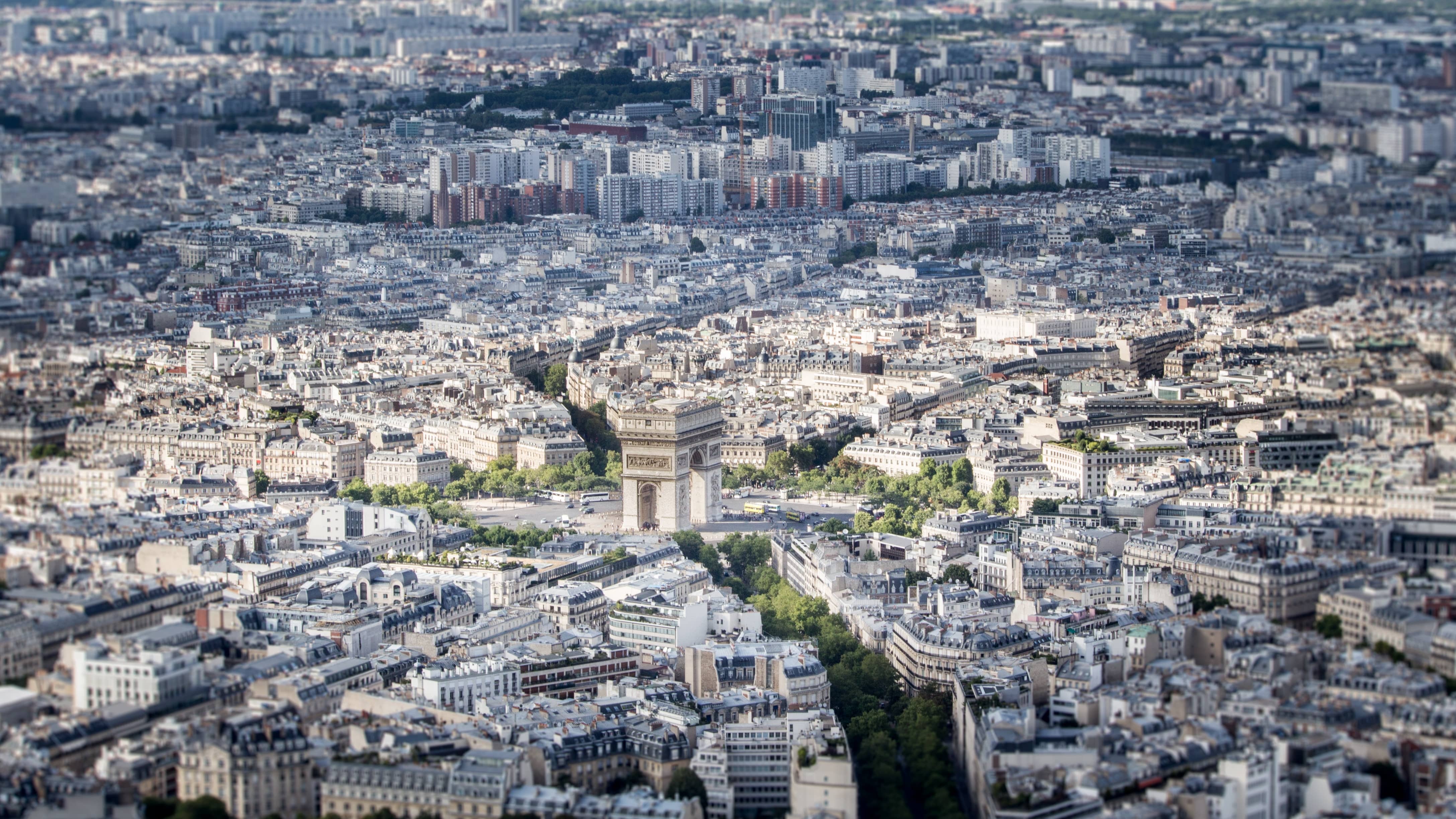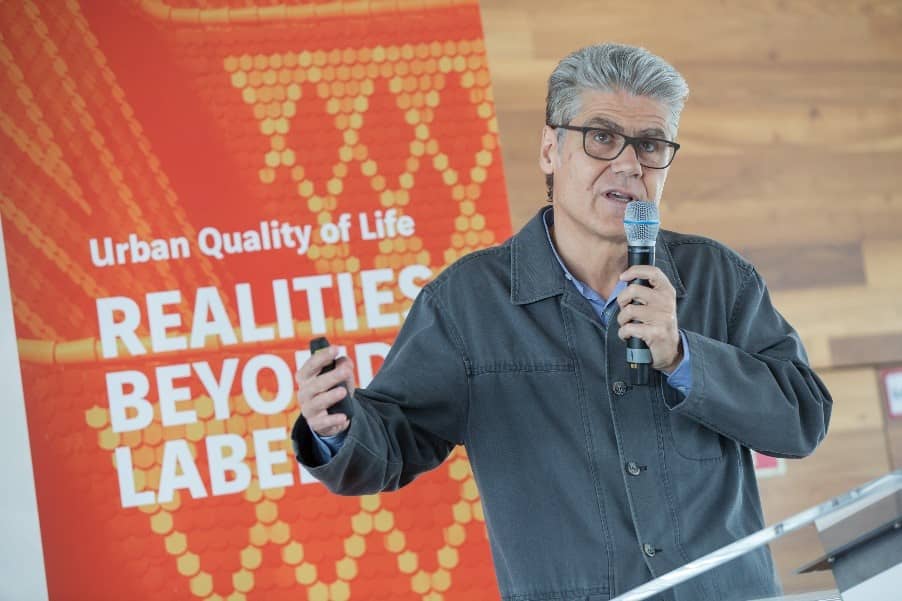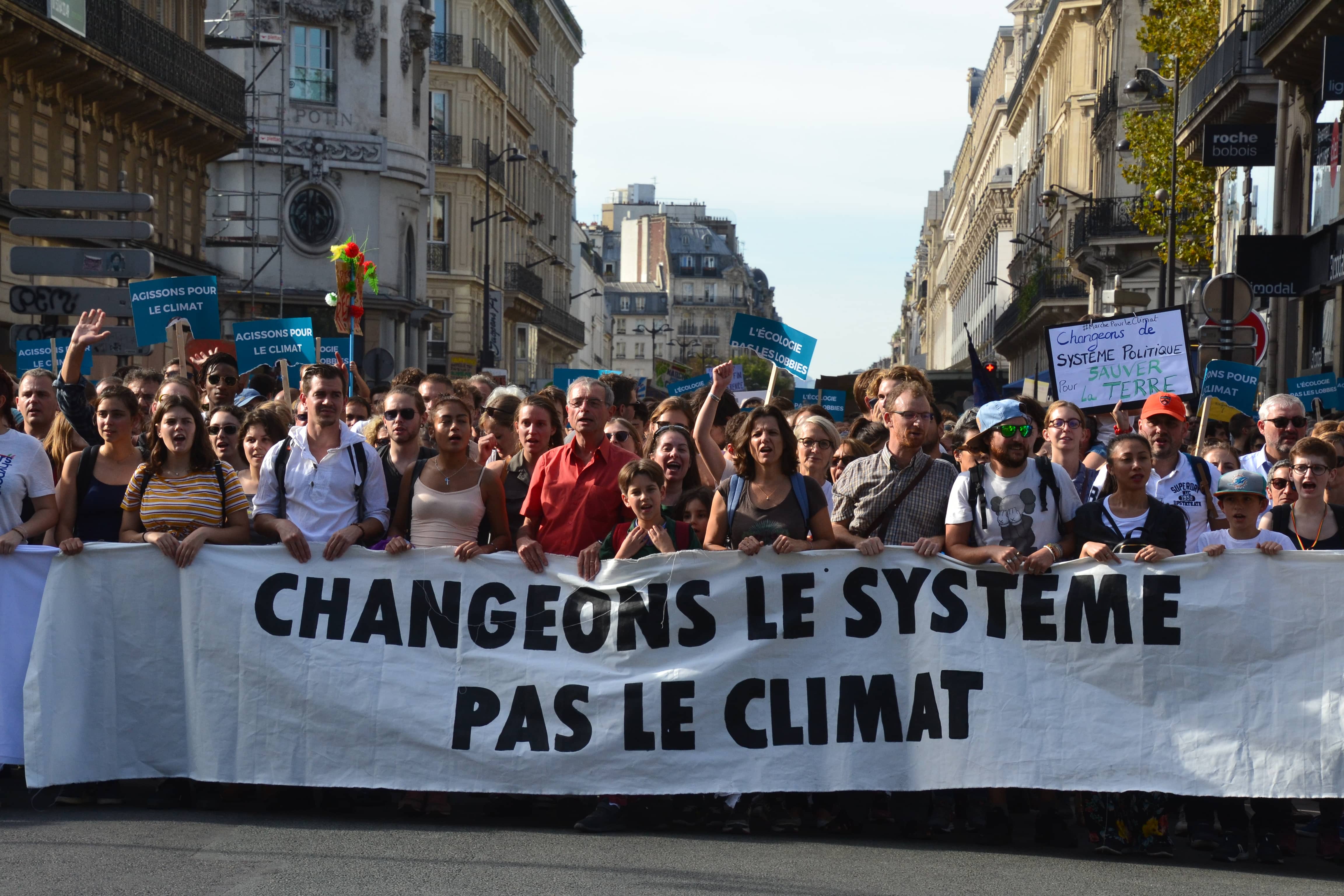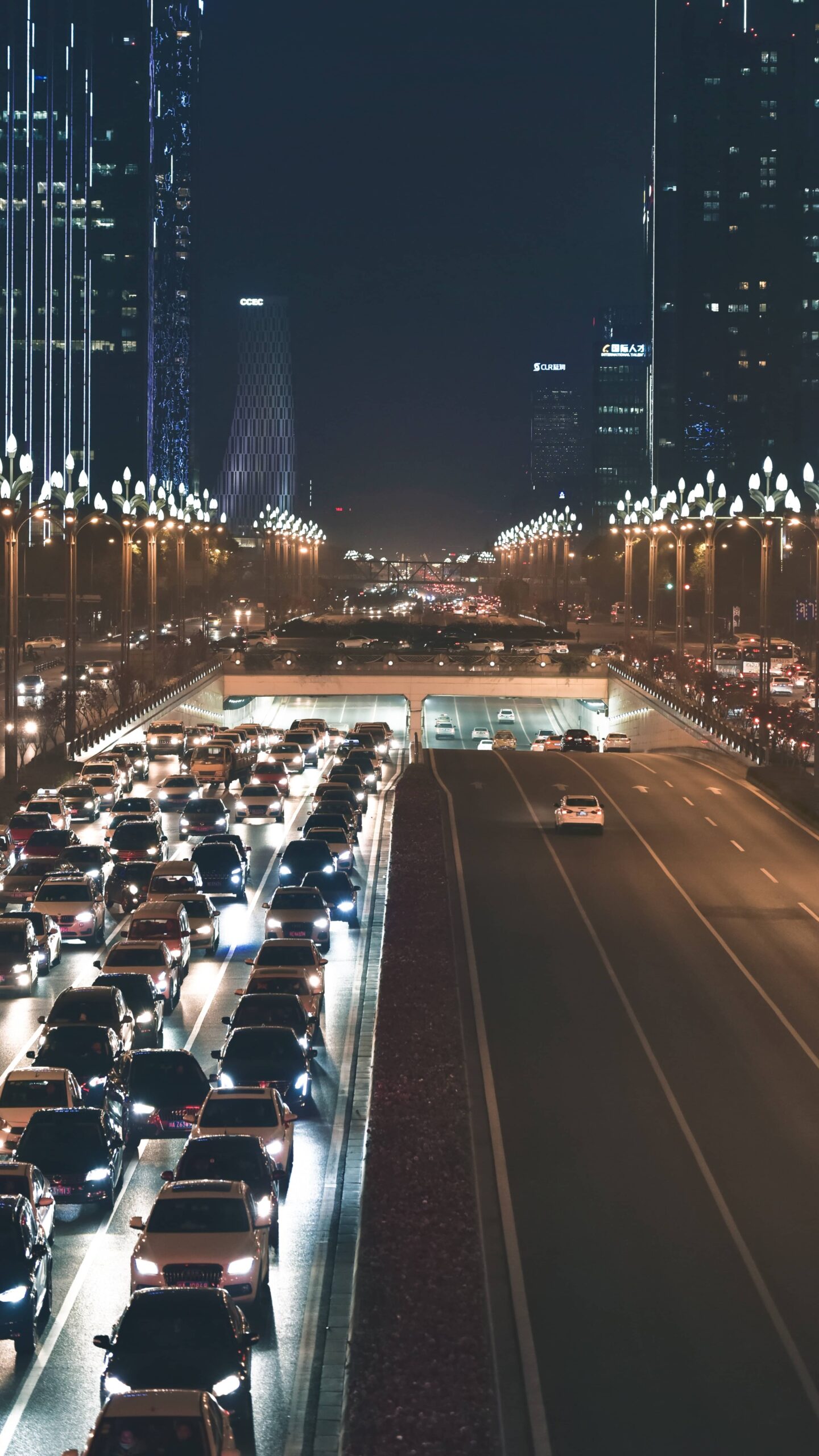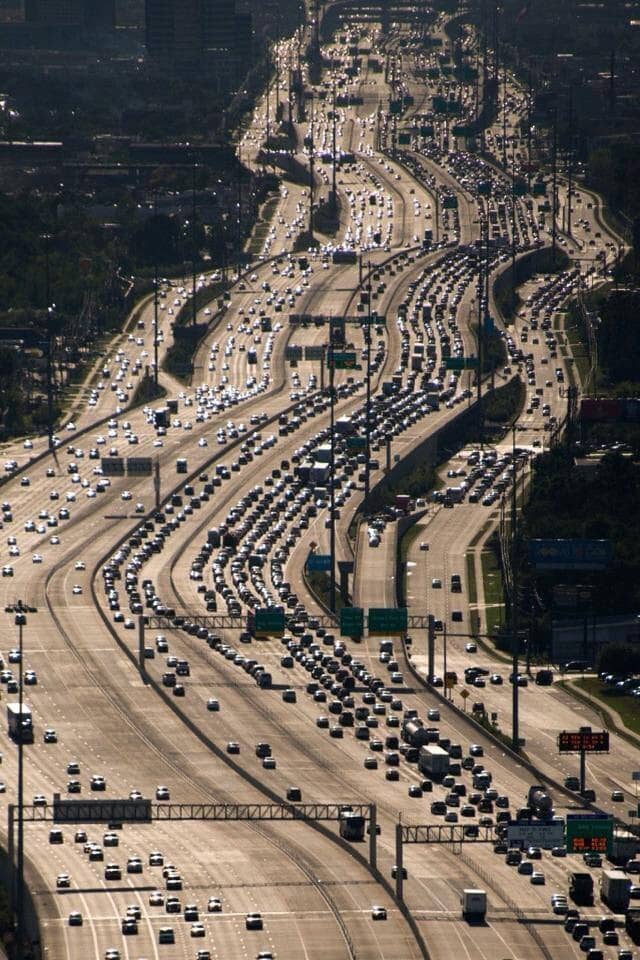

Are we making cities inaccessible?
Nearly 400,000 people die prematurely each year due to excessive concentrations of air pollutants in the WHO European Region. In 2013, the European Commission estimated the cost of the health impacts of pollution to be between €330 and €940 billion per year. While air pollution has a variety of sources, human activities (industry, agriculture, heating, transportation…) remain the main contributors to these emissions.
To tackle air pollution, many local authorities have chosen to implement measures to control and restrict road mobility. Low Emission Zones (LEZs) are one of these tools, deployed by European cities since the 1990s, at a time when the European Union is urging States to adopt concrete measures against pollution. In France, these LEZs are enshrined in the 2019 loi d’orientation des mobilités (LOM). There are about fifteen of them on the national territory.
While restricting the circulation of the most polluting vehicles seems to be an effective measure to reduce nitrogen oxide and fine particle emissions, it creates new constraints on the mobility of urban dwellers. These constraints can have serious consequences for residents and businesses that have no alternative to motorized vehicles and cannot acquire a less polluting means of transport. In this respect, the introduction of an LEZ can be seen as reinforcing social, economic and territorial inequalities.
To what extent do traffic restrictions pose a risk to the accessibility of cities? How do LEZs affect the movement of goods and people in cities? How can we reconcile the imperative of improving air quality with the reduction of social and territorial inequalities?
→ The note published by La Fabrique de la Cité and the presentation of its conclusions by Camille Combe (in French), project manager, examine the means of reconciling the fight against automobile pollution and the reduction of inequalities.
These other publications may also be of interest to you:
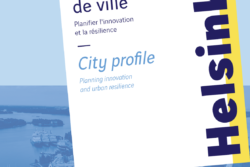
Helsinki : Planning innovation and urban resilience

A warm tomorrow
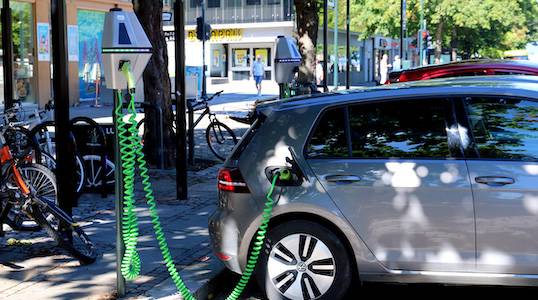
Funding mobility in a post-carbon world

Sending out an SOS

Behind the words: telecommuting

Behind the words: urban congestion

The political and technological challenges of future mobilities

Nature in the city

Inventing the future of urban highways
La Fabrique de la Cité
La Fabrique de la Cité is a think tank dedicated to urban foresight, created by the VINCI group, its sponsor, in 2010. La Fabrique de la Cité acts as a forum where urban stakeholders, whether French or international, collaborate to bring forth new ways of building and rebuilding cities.















